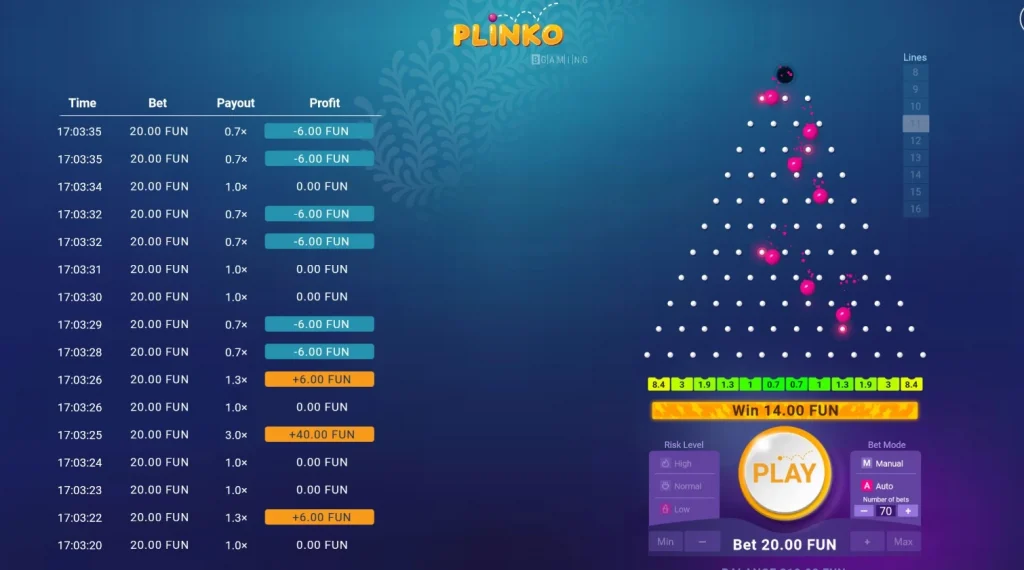Overview of Live Online Theater Workshops
Live online theater workshops are interactive and immersive educational experiences that allow participants to explore various aspects of theater from the comfort of their own homes. These workshops typically include a combination of live instruction, practical exercises, and collaborative projects, aimed at enhancing participants’ skills in acting, writing, directing, and more. The rise of online theater education has transformed the landscape of performing arts training, making it more accessible to a global audience. For those looking to enhance their learning, getting around Gamstop can provide useful insights.
The concept of online theater education began gaining traction in the early 2000s, but it has flourished in recent years, particularly during the COVID-19 pandemic. As physical theaters closed and live performances were halted, many theater companies and educational institutions pivoted to virtual platforms, leading to an explosion of online workshops and classes. If you’re interested in exploring options beyond traditional pathways, consider checking out the mejores casinos online for a unique perspective on entertainment.
Benefits of Participating in Live Online Theater Workshops
- Accessibility for participants worldwide: Individuals from various geographical locations can participate without the need for travel.
- Opportunities for skill development and networking: Participants can learn from industry professionals and connect with peers who share similar interests.
- Flexibility in scheduling and learning pace: Many workshops offer recorded sessions and flexible timings, catering to diverse schedules.
Types of Workshops Offered
- Acting and performance workshops: Focused on honing acting techniques, character development, and stage presence.
- Playwriting and script analysis sessions: Designed for aspiring playwrights to explore structure, dialogue, and storytelling.
- Directing and production design courses: Covering the essentials of directing actors and designing visual elements for performances.
Technology and Tools Used
- Platforms for hosting live workshops: Common platforms include Zoom, Skype, and Google Meet, which facilitate real-time interaction.
- Interactive tools and resources: Virtual backgrounds, shared documents, and script access enhance the learning experience.
- Importance of reliable internet connection and equipment: A stable internet connection and good audio-visual equipment are vital for a seamless experience.
Tips for Success in Online Theater Workshops
- Preparing your space for performance and practice: Create a conducive environment that minimizes distractions and allows for free movement.
- Engaging with instructors and peers: Actively participate in discussions, ask questions, and contribute to group activities.
- Utilizing feedback for personal growth: Embrace constructive criticism as a means to improve your craft and develop your skills.
Case Studies and Success Stories
Numerous successful online theater workshops have emerged, showcasing the potential of remote learning. For instance, the Virtual Theater Institute has provided extensive training programs that have led many participants to secure roles in prestigious theater productions. Those interested in further resources for navigating challenges in online environments might find getting around Gamstop particularly beneficial.
Testimonials from participants highlight the transformative nature of these workshops. One participant stated, “The online workshop allowed me to connect with mentors I would never have met otherwise.” Instructors have also noted the impact of these workshops, with many students going on to pursue careers in theater, film, and television.


 Follow lovemybooksUK15
Follow lovemybooksUK15